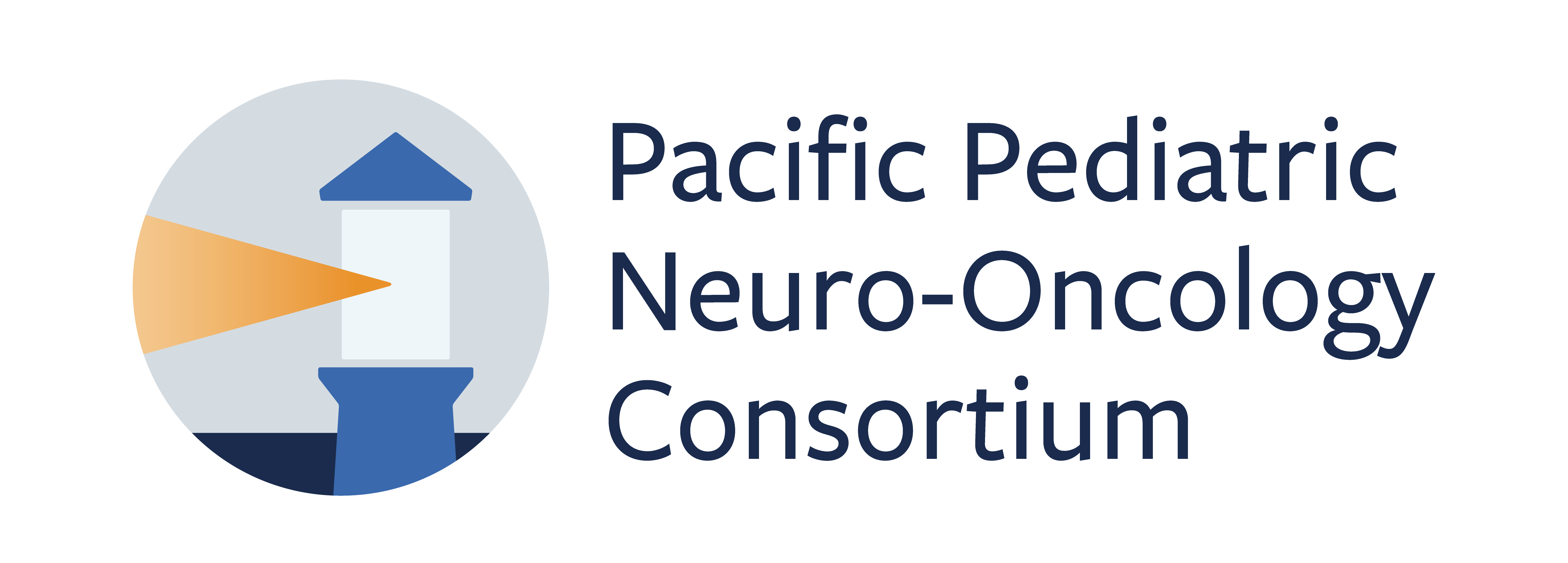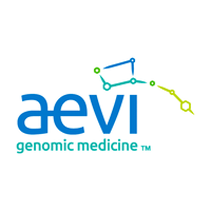Kids First DRC Commitment Makers

Brain Tumor Institute of Children’s National Health System and the Glioma Biorepository
Located in Washington D.C., the Glioma Biorepository houses one of the largest foundation-supported collections of patient-contributed DIPG and High-Grade Glioma samples. On-going efforts are generating large-scale genomic and proteomic data for these cancer cohorts. The Brain Tumor Institute commits to the deposition and shared analysis of these rich and informative data cohorts in the Kids First program in support of integrative analysis and collaborative discovery.

CAVATICA Project Open DIPG
Project Open DIPG brings together funding foundations, research consortia, and clinical trials on behalf of collaborative data-driven accelerated discovery for patients with pediatric Diffuse Intrinsic Pontine Gliomas. Project Open DIPG founding members include the Pediatric Brain Tumor Foundation, Dragon Master Foundation, The Kortney Rose Foundation, the V Foundation, the Pacific Pediatric Neuro-Oncology Consortium (PNOC), Children’s Brain Tumor Tissue Consortium (CBTTC), The Institute of Cancer Research (UK), and The Montreal Children’s Hospital. Project Open DIPG members commit to the deposition of Project Open DIPG data and its integration into Kids First platform for the shared use and access by the research community on behalf of accelerated discovery. The commitment of these founding members paves the way for real time impact for patients from clinical trial and basic research collaborations.

Children’s Brain Tumor Tissue Consortium (CBTTC)
Partnership Goal: Donating Data
The Children’s Brain Tumor Tissue Consortium is a collaborative pediatric brain tumor research program with 15 member institutions located in Europe, Asia and throughout the United States. In support of the Kids First Data Resource Center, the CBTTC has committed to share all of its highly-robust, clinically-annotated pediatric brain tumor genomic data through CAVATICA, and will support data integration with Kids First data sets to allow for research discoveries by investigators across the world, both within and outside of the DRC.

Children’s Hospital of Philadelphia Research Institute
Children’s Hospital of Philadelphia Research Institute is home to one of the largest pediatric research programs in the country with more than $138 million in total federal awards and an annual budget of more than $329 million (FY14). In partnership with CHOP’s Division of Pediatric Neurosurgery, CHOP Research Institute will commit an additional $5 million over the course of the grant as a co-funder ($2 million from the Research Institute and $3 million from the Division of Pediatric Neurosurgery) to support the establishment of the Kids First Data Resource Center. CHOP’s Division of Neurology has committed to the intersection of their Epilepsy Genomics Cloud data cohorts and associated analysis together with DRC initiatives and the Kid’s First Cohorts.

Pacific Pediatric Neuro-Oncology Consortium (PNOC)
The Pacific Pediatric Neuro-Oncology Consortium is a network of 15 children’s hospitals that conduct clinical trials of new therapies for children with brain tumors. PNOC has agreed to the deposition of all PNOC data for use in discovery efforts of the DRC. Additionally, PNOC offers their continued support of new DRC discoveries and translational research efforts.
University of Toronto and Phenotips.org
The Department of Molecular Genetics at the University of Toronto and Phenotips.org, a software tool for collecting and analyzing phenotypic information of patients with genetic disorders, commit to the co-development of a phenotips-compliant workflow and platform for the Kids First DRC.

Aevi Genomic Medicine (Medgenics)
Genetic science and commercial drug development company, Aevi Genomic Medicine (Medgenics), agreed to provide genomic characterization of children who suffer from birth defects and cancer for the generation of whole exomes or whole genome datasets, as appropriate.

Amazon Web Services
Amazon Web Services (AWS) is a secure, cloud services platform, offering compute power, database storage, content delivery and other functionality to help businesses scale and grow. AWS has committed their support on behalf of DRC project initiatives, including up to $300,000 in AWS credits under the AWS Cloud Credits for Research Program over a maximum 3-year term; marketing opportunities which may include article releases, webinars/podcasts, and other conference speaking engagements aimed at bringing attention to DRC research and development accomplishments to educate the broader scientific and research cloud computing community; and standard project support from AWS Solutions Architect in ECS/ECR DevOps area.
The awarded credits support researchers who seek to build cloud-hosted, publicly available, science-as-a-service applications, software, or tools to facilitate their future research and the research of their community; perform proof of concept or benchmark tests evaluating the efficacy of moving research workloads or open data sets to the cloud; and/or train a broader community on the usage of cloud for research workloads via workshops or tutorials.

Beijing Genomics Institute (BGI)
Beijing Genomics Institute provides a wide range of next generation sequencing services and a broad portfolio of genetic tests for medical institutions, research institutions and other public and private partners. BGI has committed to provide data generation and technical support including whole genome sequencing and data analysis of up to 1000 samples/year for the term of the Kids First project. Additionally, BGI will assist in sample preparation, storage, library construction, sequencing, integrated bioinformatics analysis and data transfer to CAVATICA and the DRC.
DataCite
To empower Kids First data, DRC has been designated as a DOI (Digital Object Identifier)-allocating member and partner with DataCite, a non-profit organization that provides persistent identifiers (DOIs) for research data to support data model implementations and standardization for the pediatric cancer and rare disease community.
Foundation Medicine
In support of data-driven initiatives including data deposition and analysis of pediatric data, Foundation Medicine, a molecular information company dedicated to transforming cancer care, will integrate its pediatric data into the Kids First Data Resource Center.
Gene42
Gene42, a medical technology and innovation software company, has agreed to co-develop an integrated PhenoTips® platform for phenotypic data entry alongside genomics data under contract with DRC.
Genetic Alliance
As the world’s largest nonprofit health advocacy organization network, Genetic Alliance has agreed to partner in the further development of PEER (Platform for Engaging Everyone Responsibly) in support of direct patient engagement and data deposition efforts into CAVATICA.
GigaScience
GigaScience, is an open access, open data, open peer-review journal focusing on ‘big data’ research from the life and biomedical science. GigaScience has committed to support and host DOI-annotated Kids First data repository in addition to collaborating with DRC to analyze and integrate high-quality data into GigaDB. GigaScience will contribute summary data which will be linked to GigaDB.
Google Genomics and Google Cloud Platform are cloud-based programs designed to help the life science community organize the world’s genomic information and make it accessible and useful. Google Genomics and the Google Cloud platform have agreed to provide cloud credits for storage and computation, to include trial credits to analyze associated data within the Google Genomics platform, approved data that can be accessible to common Google Genomics tools for integrations with other Google Genomics data sets, support of integrative analysis with pediatric cancer data sets on the ISB-CGC and incorporated data workflows, integrative access to Google-hosted public data, and application of the SNP calling algorithm to analyze data.
Illumina
Illumina, a developer, manufacturer, and marketer of life science tools and integrated systems for large-scale analysis of genetic variation and function, has committed to support the pediatric rare genetic disease community by making data available through ClinVar. Additionally, Illumina will explore support for disease-specific sequencing pilot projects focused on the translation and implementation of clinical whole-genome sequencing in the context of rare disease biospecimens, especially early-onset cancers.
Independence Blue Cross
As the nation’s first insurance provider to make next-generation whole genome sequencing and proteomic diagnostics available to their members, Independence Blue Cross (IBX) has identified the DRC’s efforts as an ideal platform for their interactions and collaborations on data-driven discovery and diagnostics on behalf of children. IBX will continue to provide coverage for clinical WGS/RNA sequencing and quantitative protein analysis for patients of the six participating hospitals of the Philadelphia Coalition for a Cure (PC4C) with data deposition in the Kids First DRC and CAVATICA.
NantOmics
Molecular diagnostics company, NantOmics, has agreed to provide as many as 3,200 whole genome sequences (WGS) across paired pediatric samples of tumor/blood collected by DRC in support of pediatric cancer atlas initiatives.
Rancho BioSciences
Rancho BioSciences, a data curation company, will organize data leveraging dictionaries and ontologies to support annotation and phenotype harmonization for the Data Resource Center. Additionally, Rancho BioSciences will support and build new platforms, workflows and pipelines to leverage open-source tools and public domain data.
Sage Bionetworks
Sage Bionetworks is a nonprofit biomedical research organization dedicated to developing predictors of disease and accelerating biomedical research through open systems, incentives, and standards. Sage Bionetworks will host DREAM challenges on CAVATICA, focusing on pediatric cancers and rare diseases including birth defects. In addition to genomic-based challenges, Sage will also actively support challenges focused on phenotypic data harmonization.
Springer Nature
Demonstrating their commitment to open science, research publishing company Springer Nature and their publication Scientific Data will support the efforts of the DRC by supporting the publication of Kids First data cohorts and promoting the responsible reuse of data and supporting FAIR data principles.